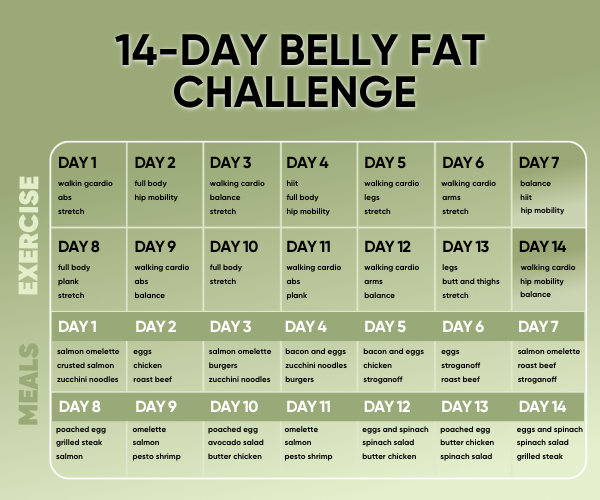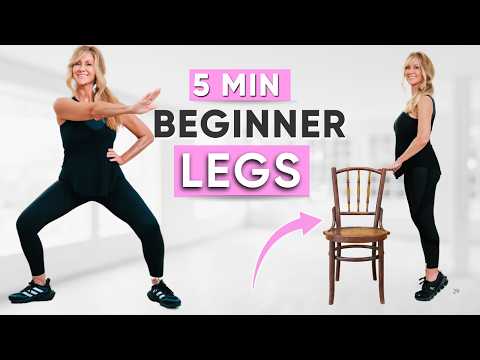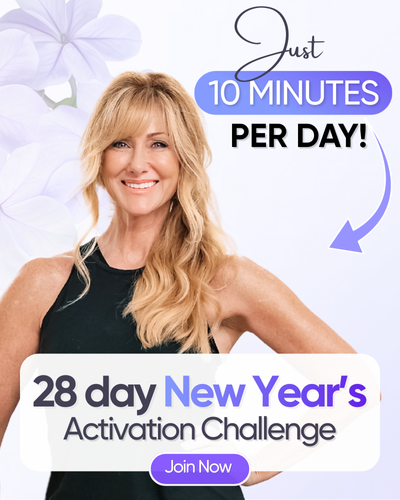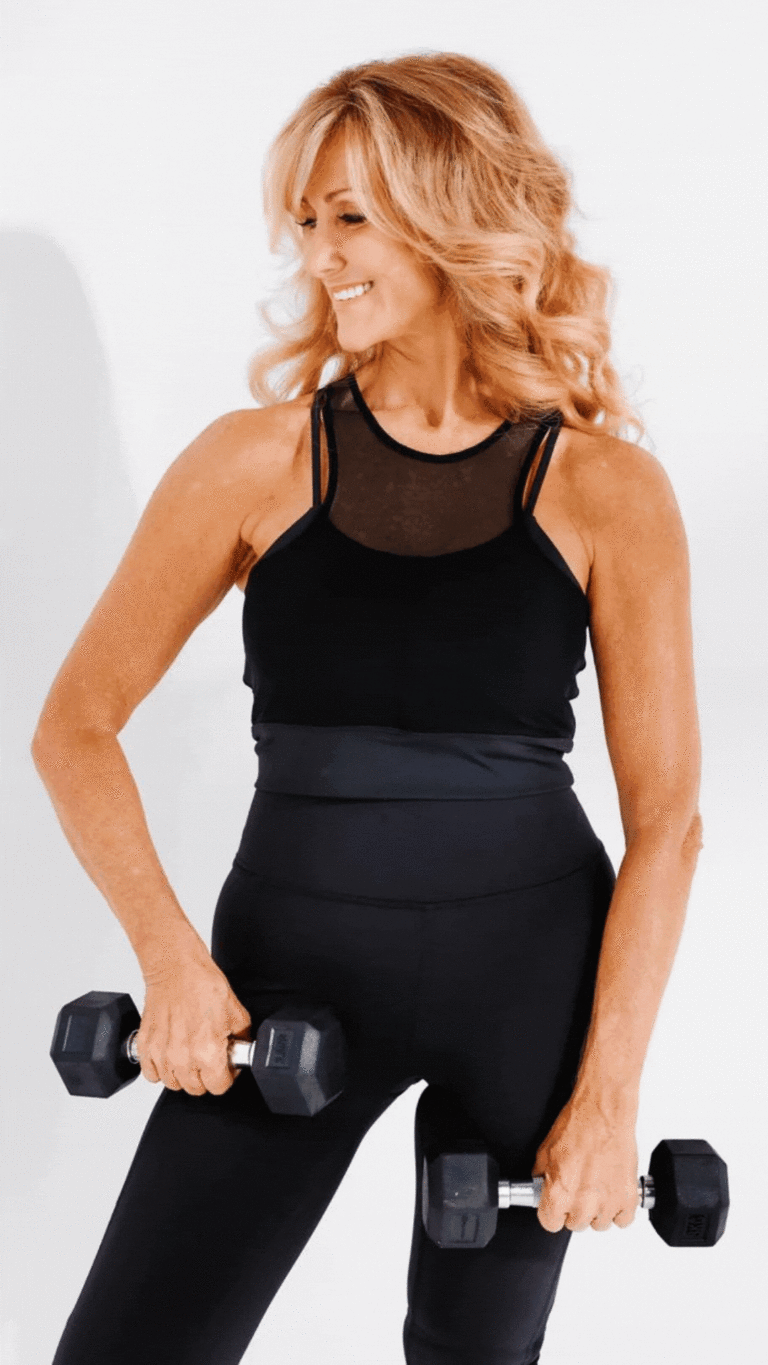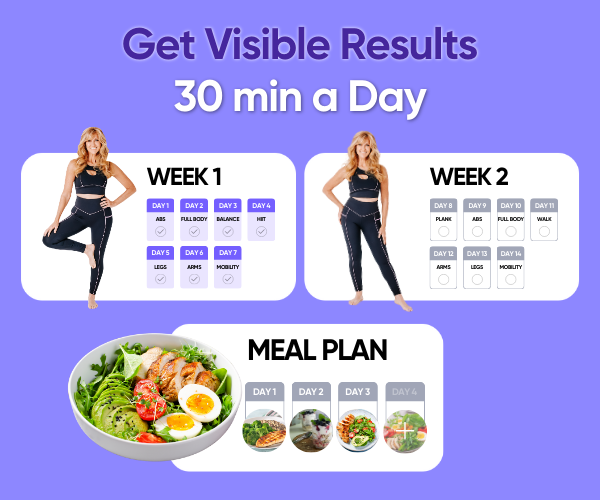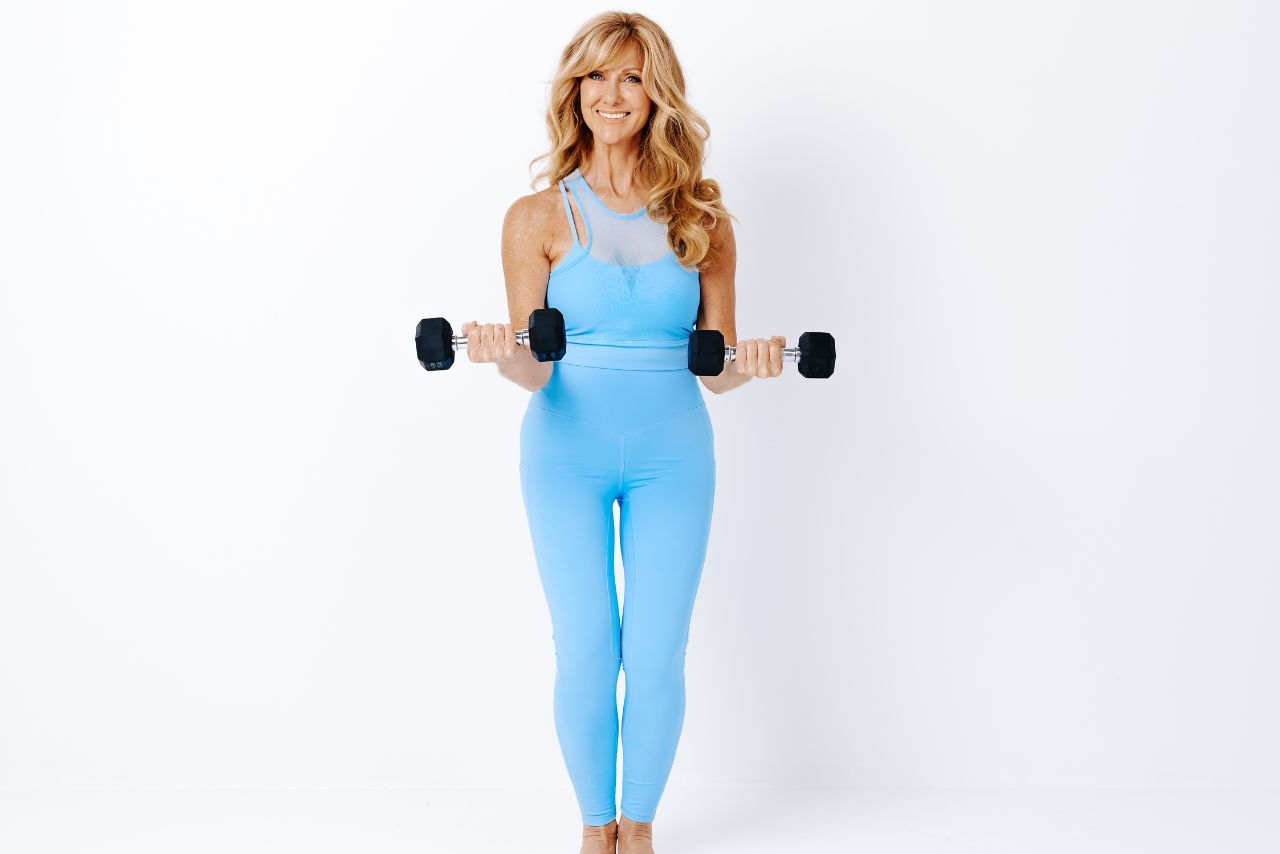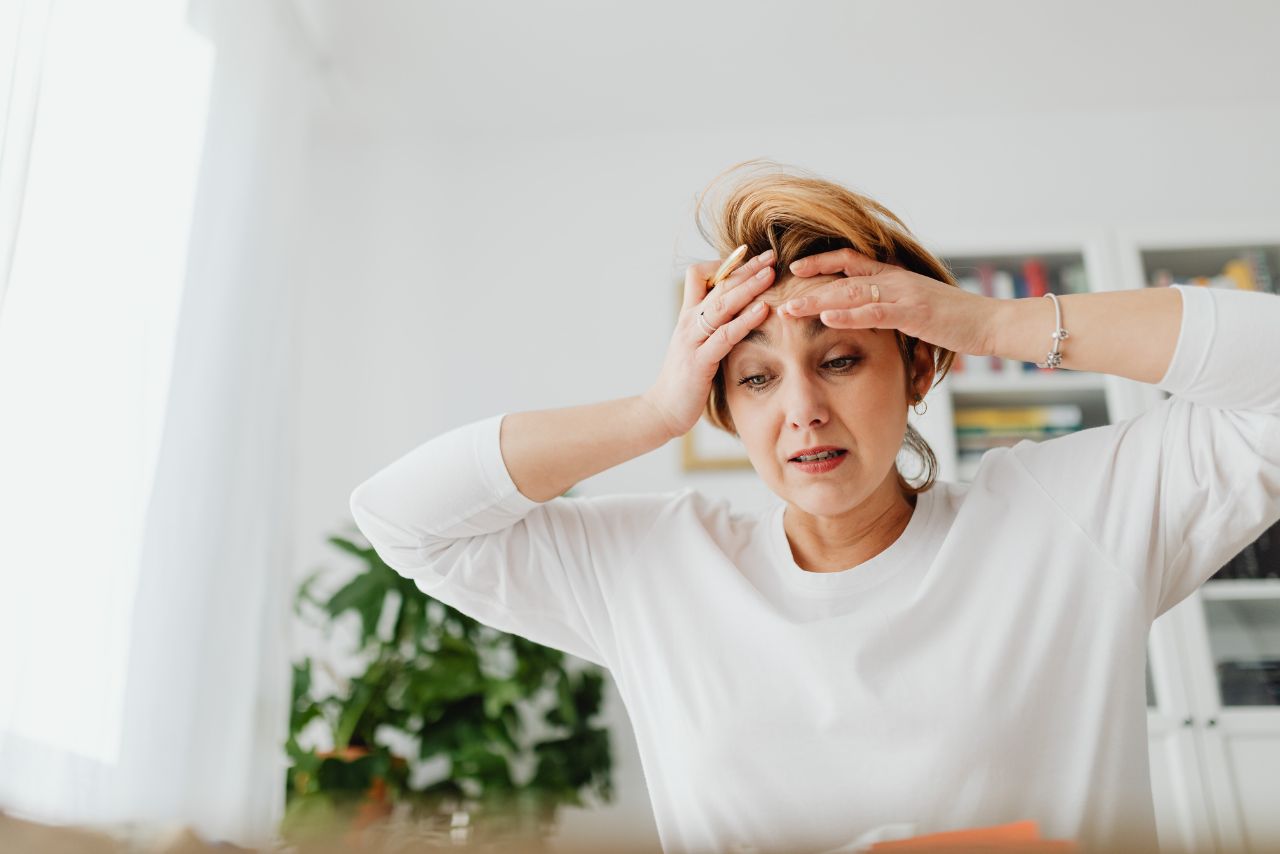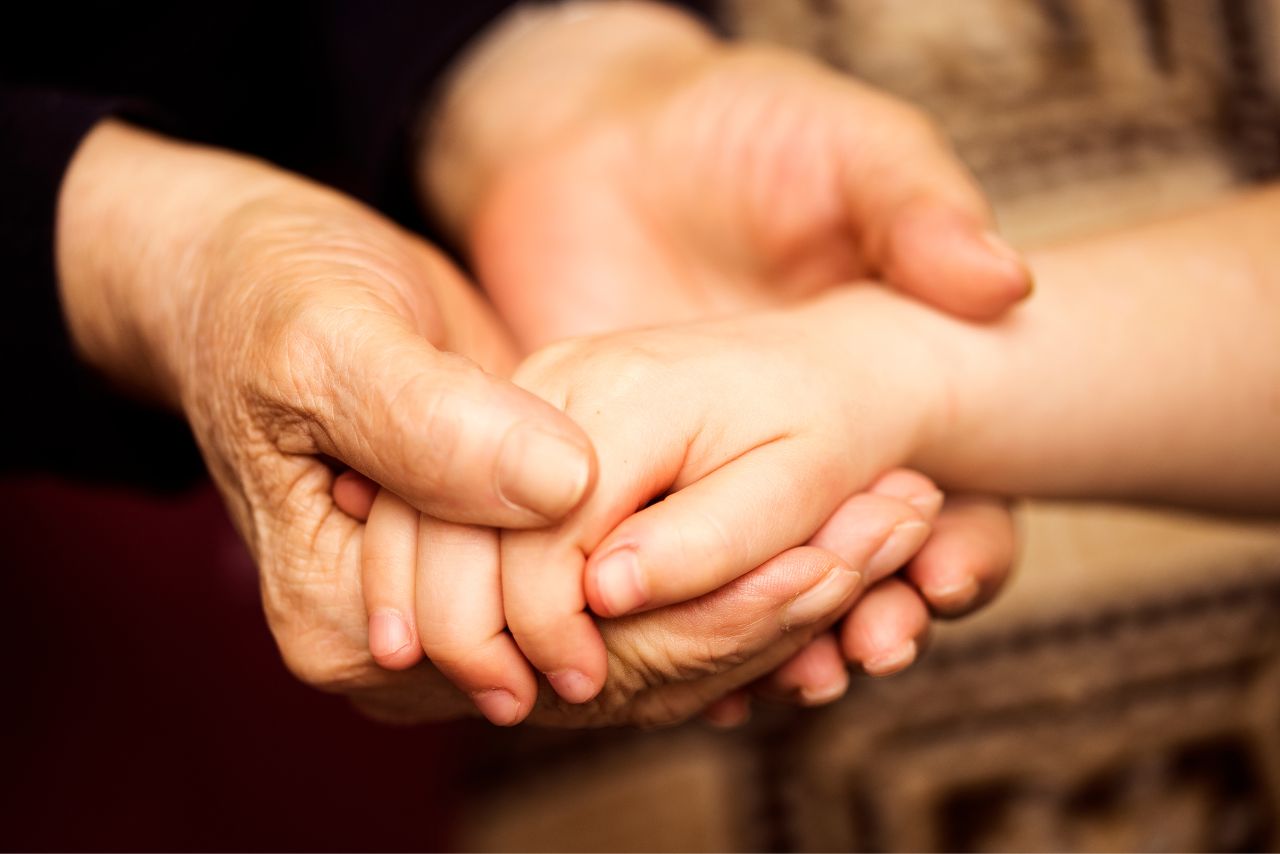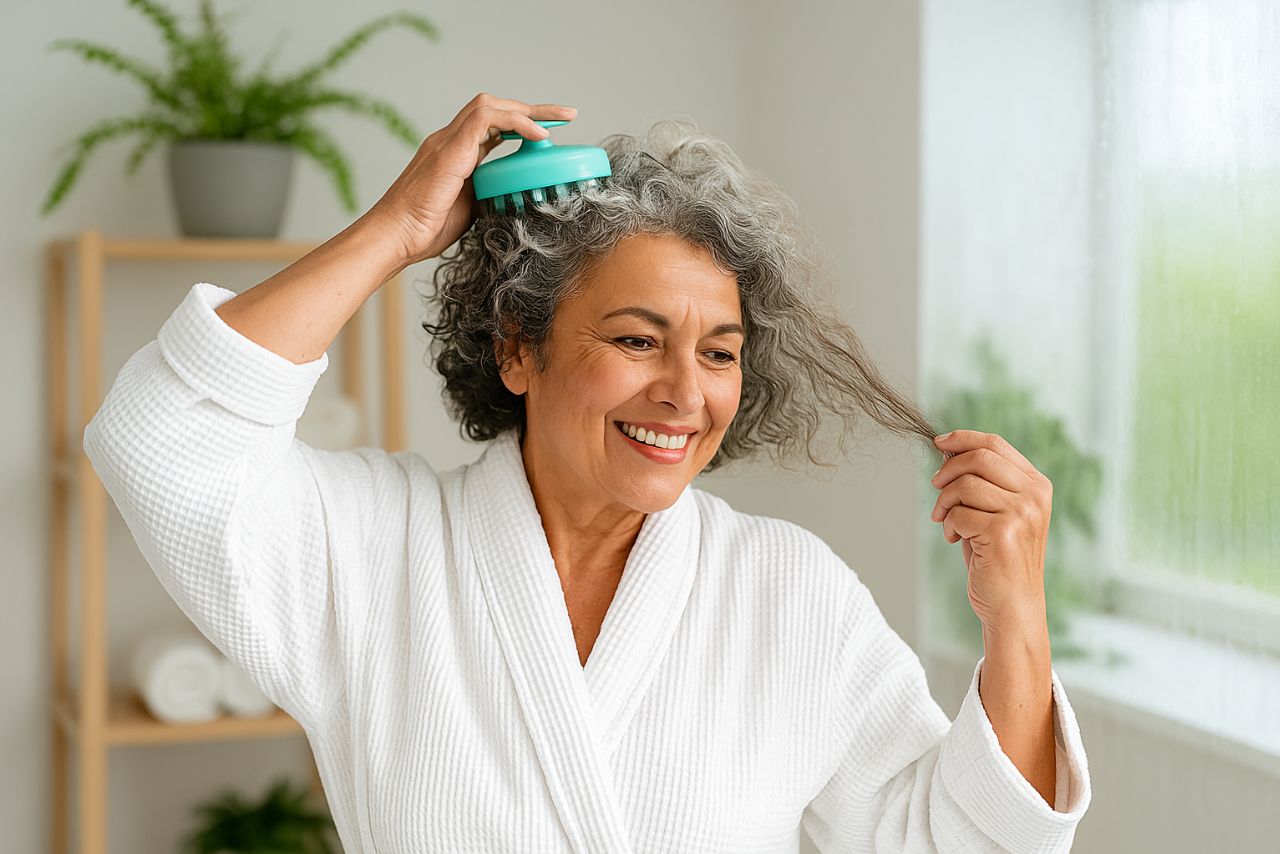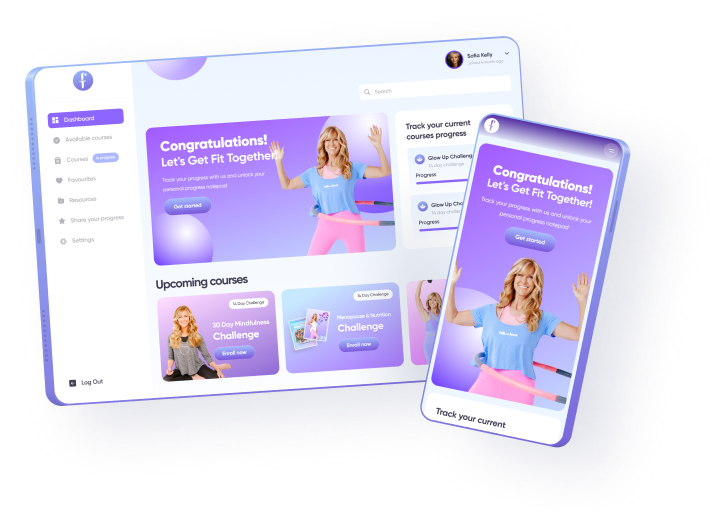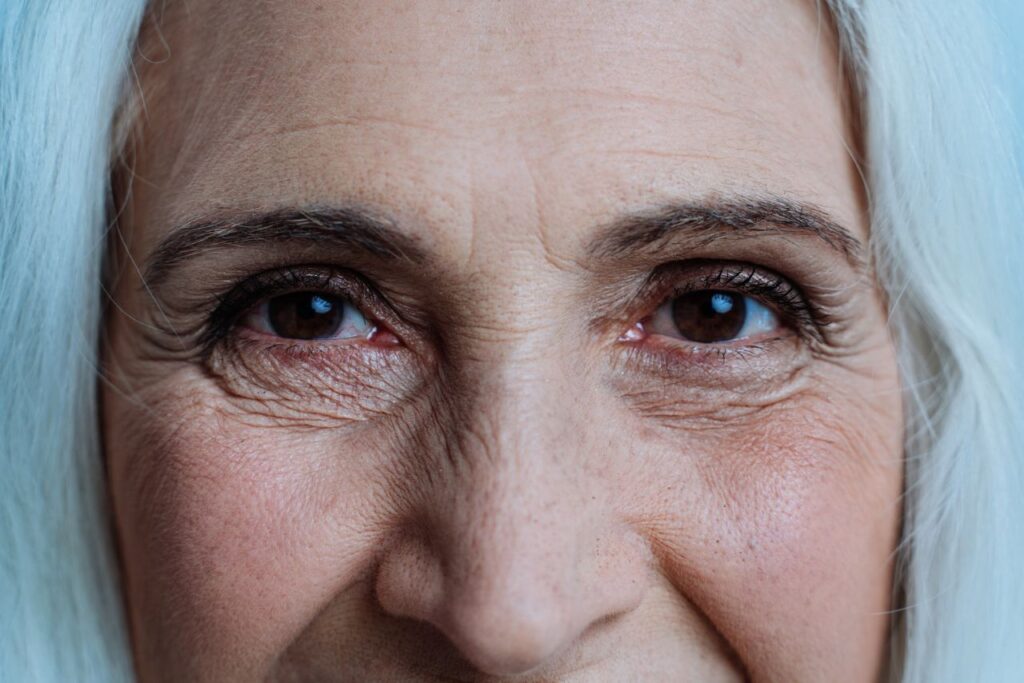
As we go through life, our eyes, which are like windows to the world, change in ways that can affect our vision.
Dry eye syndrome is one of these changes that happens more often after age 50. It happens when the eyes do not make enough tears or when the tears evaporate too quickly, leaving the eyes feeling gritty, irritated, and uncomfortable.
If your eyes are dry, you might not be able to read, work on a computer, or even enjoy the beauty of the world around you.
This is not a minor problem; if it does not get better, it can cause corneal abrasions, eye infections, and even vision loss in the worst cases.
Let’s take a look at the common causes of dry eyes and the top remedies that can help protect your vision or sight in your 50s.
Common Causes of Dry Eyes After 50
As you get older, your body goes through many changes, some of which can make your eyes dry.
Dry eyes occur when your eyes don’t produce enough tears or when the tears evaporate too quickly.
Here are some factors that can contribute to this eye condition:
Aging and hormonal changes
Our body’s ability to make tears decreases with age. Hormonal changes, especially in women going through menopause, can make this problem even worse, leaving your eyes dry and uncomfortable.
Lifestyle choices
Dry eyes can also be caused by bad habits like smoking or not drinking enough water. Not getting enough omega-3 fatty acids in your diet can also make it harder for your body to make tears.
Environmental Factors
Some things in the environment, like wind, dry air, and screen time, can make dry eyes worse. These things can cause tears to evaporate quickly, leaving your eyes feeling dry and gritty.
Medical Conditions
Autoimmune diseases, such as Sjögren’s syndrome, rheumatoid arthritis, and thyroid disorders, can change how many and how well tears are made.
Medications
Antihistamines, decongestants, and antidepressants are some of the medicines that can dry out the eyes.
Symptoms and Signs of Dry Eyes
It is important to know the signs and symptoms of dry eyes to get treatment quickly and avoid more problems.
Here are some common signs and symptoms of dry eyes:
- Stinging, burning, or scratchy sensations in the eyes
- Sensitivity to light or blurred vision
- Redness or inflammation of the eyes
- Difficulty wearing contact lenses
- Frequent eye fatigue or discomfort when reading or using digital devices
- A feeling of having something stuck in your eyes
If you have any of these symptoms, you should see an eye doctor right away so they can properly diagnose and treat the problem.
READ ALSO: 15 Tips to Help Prevent Dementia
Top Remedies for Dry Eyes
1. Use Over-the-Counter Eye Drops
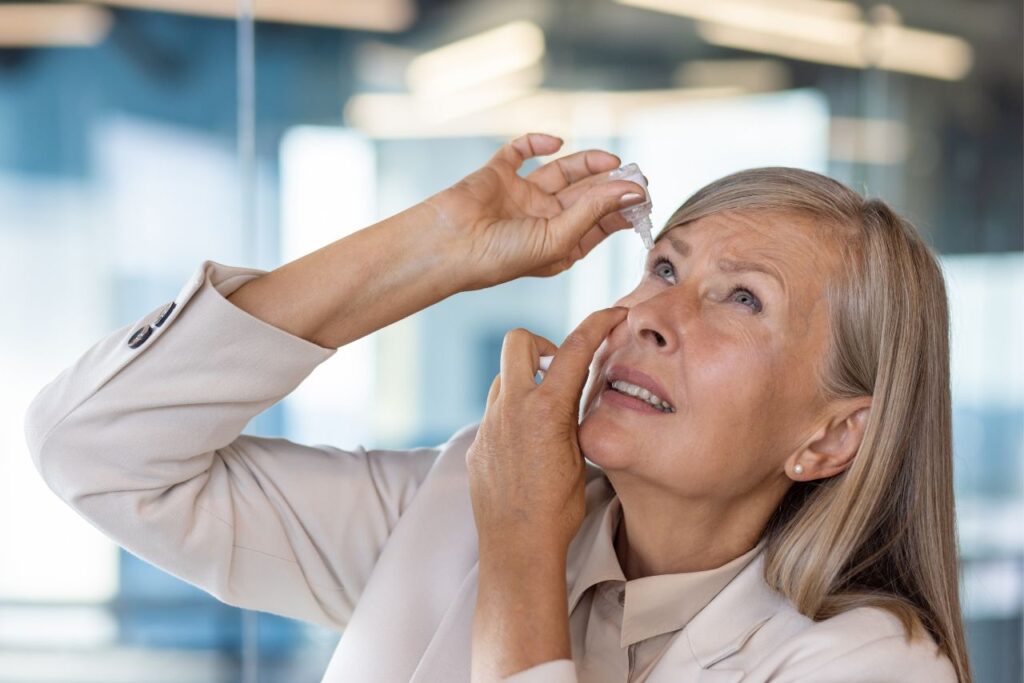
One of the most common and accessible remedies for dry eyes is over-the-counter eye drops. Try using artificial tears or lubricating eye gels.
Artificial tears are like the tears your eyes naturally make and can help temporarily with dryness. They come in different forms, including ones without preservatives for people with sensitive eyes.
If your dry eyes are really bad, lubricating eye gels might help more. These eye drops are thicker than regular ones, and they work better for longer, especially if you use them before bed.
2. Try Warm Compresses
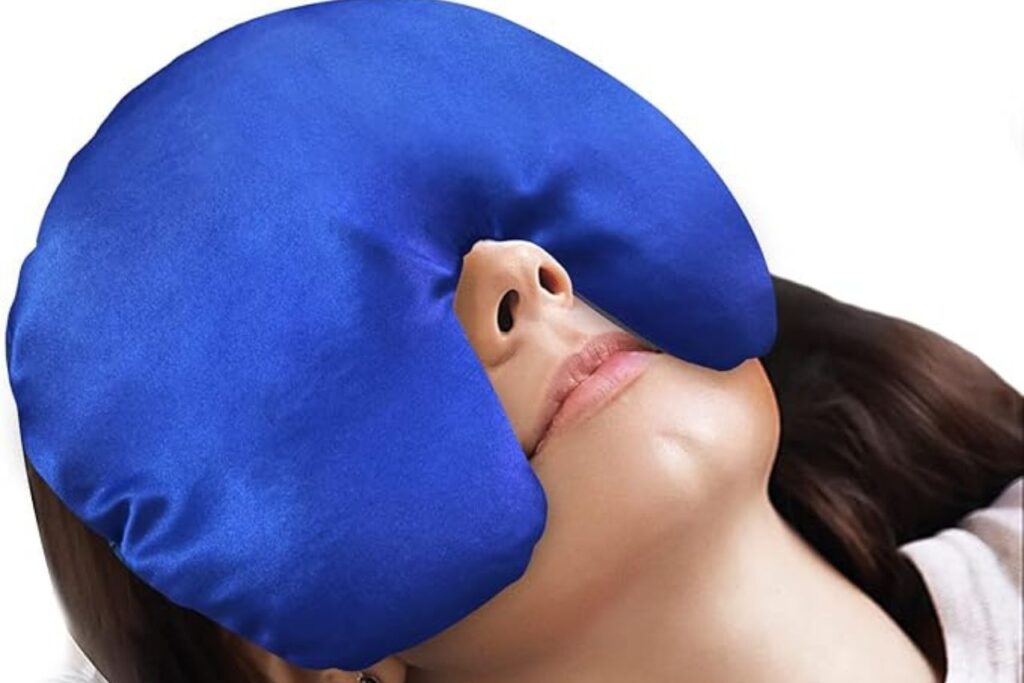
Warm compresses can help people with dry eyes, especially women over 50. As we get older, our bodies naturally make fewer tears, and the oil glands in our eyelids can get clogged, which can cause dry eye symptoms.
Putting a warm compress on your eyes can help relax the muscles in your eyelids, which can ease pain. The warmth can also help clear out clogged oil glands, which can improve the quality of your tears. Warm compresses may also help your body make more tears by stimulating the oil glands.
For about 10 to 15 minutes, gently press a clean, warm cloth against your closed eyes to use a warm compress. Be careful not to use very hot water, as it can burn your skin.
3. Massage Your Eyes
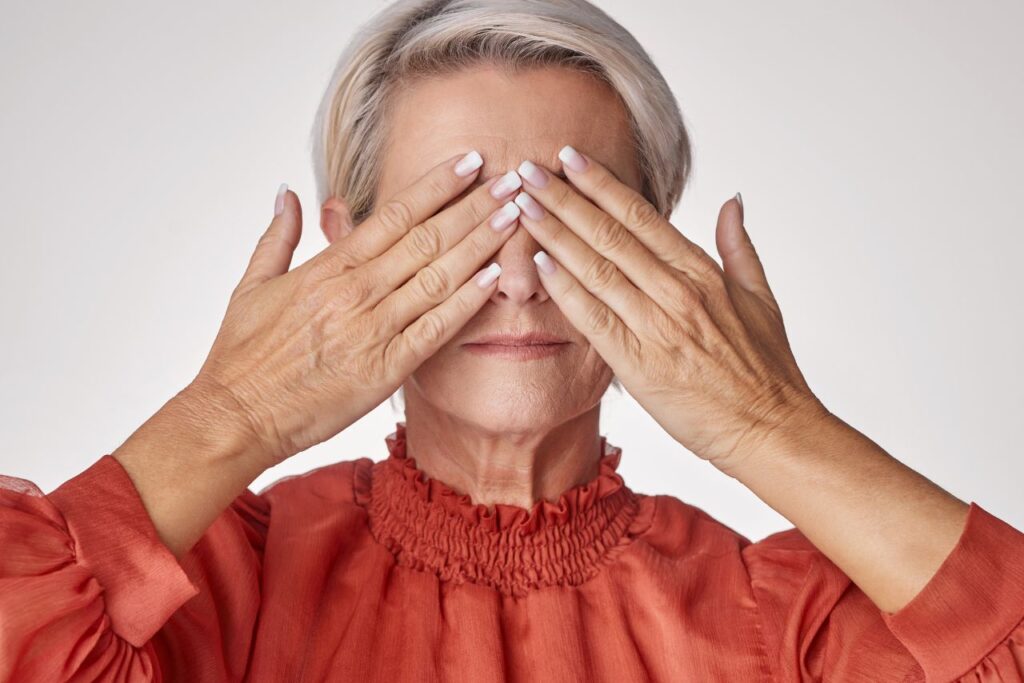
If you have dry eyes, massaging your eyes can help by relaxing the muscles around them, boosting blood flow, and making the eyelids make more oil.
It can help to gently rub your closed eyelids in circles and the space between your eyebrows and temples during the day.
However, you must wash your hands before you massage your eyes.
4. Do Blink Exercises
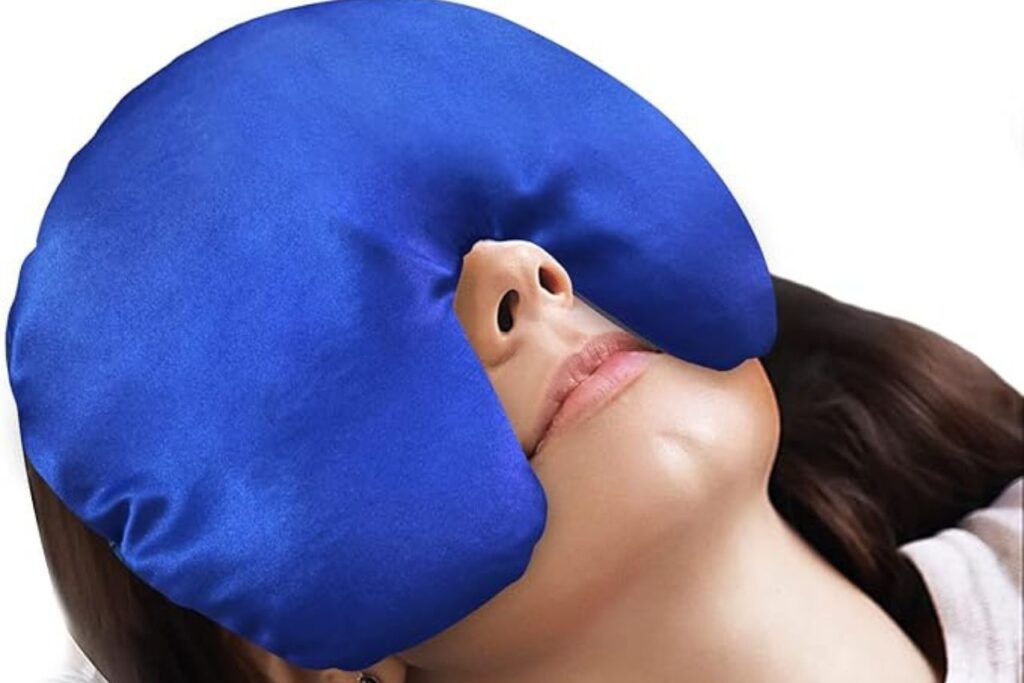
Blink exercises can help relieve the symptoms of dry eyes by making your eyes make more tears and spreading them out evenly on the surface of your eyes.
Spending too much time in front of a screen can make you blink less, which can make your eyes dry. You can help keep your tear film healthy by consciously blinking more often.
You can try a number of different blink exercises. One common way is to close your eyes normally for two seconds and then squeeze your eyelids together tightly for two seconds before opening them.
Repeating this cycle several times throughout the day can help.
5. Have a Regular Eyelid Cleaning Routine
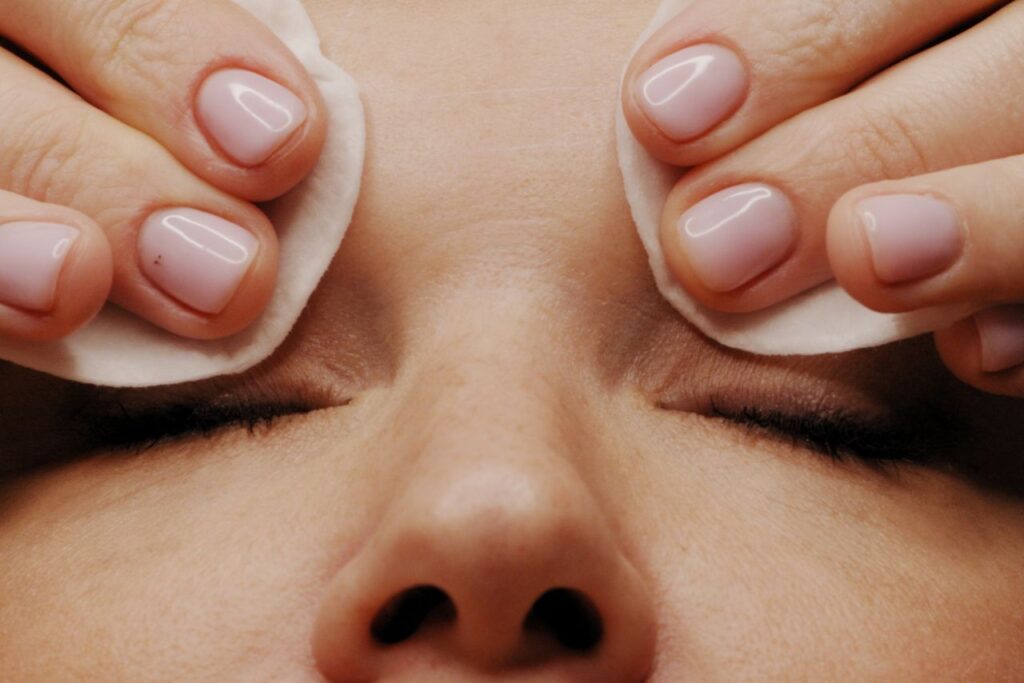
Eyelid hygiene is importantEyelid hygiene is important for handling dry eye signs. for managing dry eye symptoms. Maintaining clean eyelids helps prevent inflammation and clogged oil glands, which contribute to dry eye discomfort.
A regular eyelid cleaning routine involves gently removing debris and oil buildup from the eyelids.
Before you clean your eyelids, put a warm compress on them to loosen up any oil or dirt. Then, gently scrub the eyelids with a clean cloth or eyelid wipes, making sure to wipe the base of the eyelashes.
Do not rub too hard or use soaps that are too harsh. After cleaning the eyelids, it is important to dry them completely.
When used with other dry eye treatments, regular eyelid hygiene can make symptoms a lot better and lessen how often they happen.
6. Eat Healthy Food and Stay Hydrated

Diet and staying hydrated are important parts of managing dry eye symptoms. Staying hydrated is important for your eyes and your health as a whole.
Drinking a lot of water helps maintain the consistency of tear film and keeps your eyes from drying out too much.
Eating foods that are high in water, like cucumbers, watermelon, and berries, can also help you stay hydrated.
There are some nutrients that are good for your eyes. Flaxseed, chia seeds, and fatty fish like salmon are good sources of omega-3 fatty acids, which help keep the oil layer of the tear film healthy.
Oxidative stress can hurt the eyes. Carrots, spinach, and berries are full of antioxidants that protect the eyes.
Vitamins A, C, and E, which can be found in many fruits, vegetables, and whole grains, also help keep your eyes healthy.
Eye-healthy vitamins and supplements, like lutein, zeaxanthin, and vitamin A, might be a good idea to add to your daily routine.
READ ALSO: 20 Healthy Food Swaps for Weight Loss in Women Over 50
7. Use Humidifiers at Home

Humidifiers can be a valuable tool for managing dry eyes. Humidifiers help stop too much tear evaporation, which is a common cause of dry eye pain, by adding water to the air.
The more humid air makes the area more wet, which can help keep the tear film stable.
It’s essential to choose the right type of humidifier. Most of the time, cool-mist humidifiers are better for relieving dry eyes because they do not make heat, which can make the eyes even more dry.
It is important to clean your humidifier often so that mold and bacteria do not grow, which can irritate your eyes.
When used with other recommended treatments, like artificial tears and keeping your eyelids clean, using a humidifier can often give you the best results.
8. Remove Your Contact Lenses
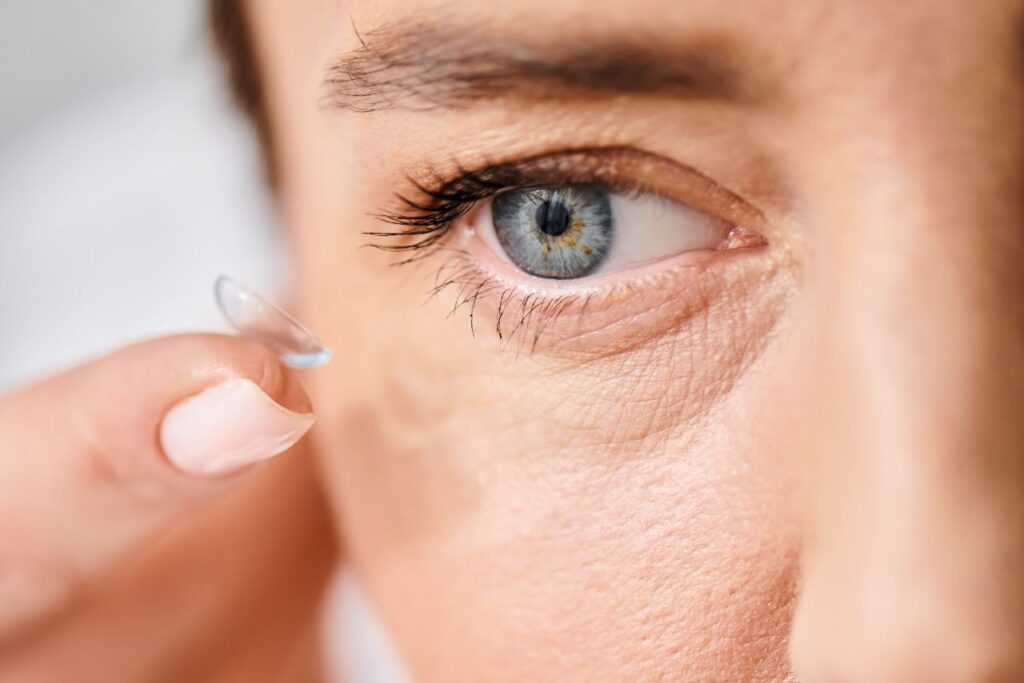
Contact lenses can exacerbate dry eye symptoms. The lenses block the eye from the outside world, which stops the natural tear film from working properly. This can make the cornea get less oxygen and cause tears to evaporate faster.
If you are having trouble with dry eyes, taking out your contacts can help a lot. If you take a break from wearing contacts, your tear film can heal and grow back.
But it is important to clean and take care of your contact lenses properly to avoid getting infections.
If you wear contact lenses to correct your vision, it will be helpful to look into other options, such as glasses or daily disposable contact lenses, in order to deal with your dry eye symptoms.
9. Measure Your Lashes and Avoid Lash Extensions
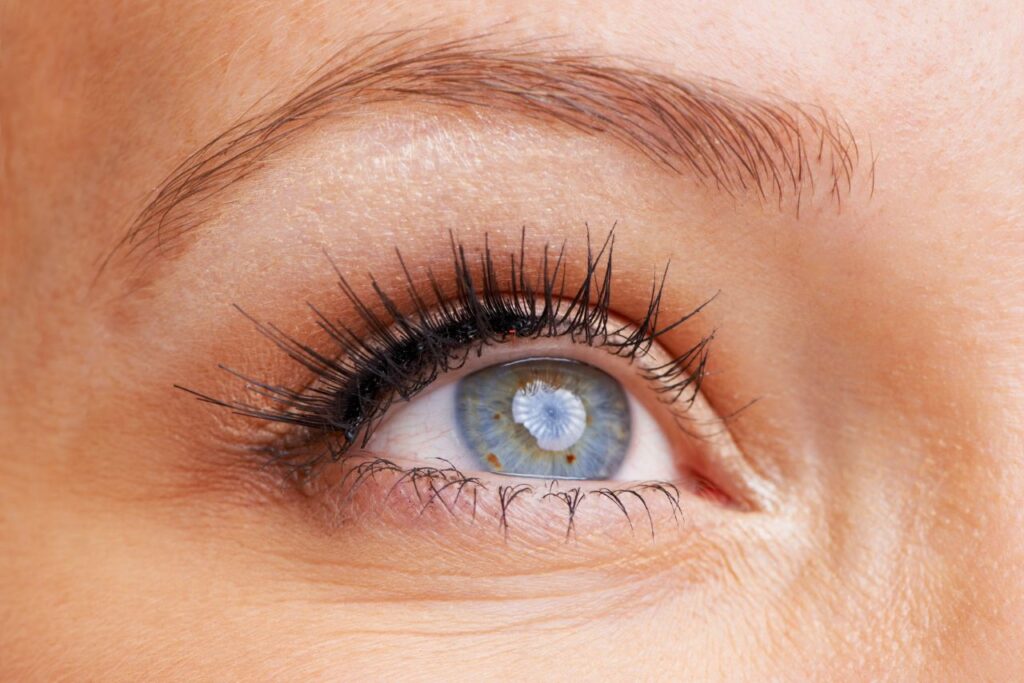
Eyelash extensions can exacerbate dry eye symptoms. The added weight and length of extensions can disrupt the natural balance of the eyelids and eyelashes, affecting tear production and distribution.
Additionally, the adhesive used for lash extensions can irritate the eyes and contribute to dryness.
You can find out if your natural eyelashes are making your dry eyes worse by measuring how long they are.
Ideally, eyelashes should be about one-third the width of the eye. If your eyelashes are very long, they might be getting in the way of the tear film evaporating.
It is best to stay away from lash extensions if you have dry eyes because of the risks involved.
For people with dry eyes, it may be better to choose natural ways to build their eyelashes or focus on their overall eye health.
10. Protect Your Eyes from UV Radiation

UV protection is essential for overall eye health, including managing dry eye symptoms.
Too much exposure to ultraviolet (UV) rays can damage the eye’s surface and speed up the loss of tears.
Wearing sunglasses with UV protection is crucial, especially during outdoor activities. Look for sunglasses that offer 100% UV protection to shield your eyes from harmful rays.
Additionally, consider wearing a wide-brimmed hat to provide extra shade for your eyes and face. You can help lower your risk of dry eyes and other eye problems by shielding your eyes from UV rays.
11. Manage Your Screen Time

Limiting time spent in front of a screen is very important for helping dry eyes. When you look at a digital screen for a long time, your blink rate slows down. This makes your tears evaporate and your eyes dry.
The 20-20-20 rule says to look at something 20 feet away for 20 seconds every 20 minutes. This helps rehydrate your eyes.
It can also be helpful to change the screen’s brightness and contrast. Reduced eye dryness and strain can result from reducing the blue light that screens emit.
Consider using blue light-filtering glasses or screen protectors. Getting away from screens and doing things outside on a regular basis will help your eyes rest and heal.
Remember, moderation is key. You can greatly improve your dry eye symptoms and overall eye health by limiting the amount of time you spend in front of a screen and forming habits that are good for your eyes.
READ ALSO: 8 Home Decor Tips for Aging Eyes
Why Proper Eye Care and Regular Check-ups Are Important
As we age, our eyes become more susceptible to various conditions, including dry eyes. Regular eye examinations are vital for detecting and addressing any potential issues early on.
During these check-ups, your eye care professional can assess your tear production, evaluate the health of your eyes, and recommend appropriate treatment options.
Furthermore, proper eye care involves maintaining good hygiene practices, such as avoiding rubbing your eyes excessively, removing eye makeup before bedtime, and using clean towels and pillowcases to prevent the transfer of bacteria or irritants to your eyes.
While mild dry eye symptoms can often be managed with lifestyle adjustments and over-the-counter treatments, it’s crucial to seek professional eye care if your symptoms are severe, persistent, or accompanied by vision changes.
Underlying medical conditions might be causing the problem, and an eye doctor can provide an accurate diagnosis and appropriate treatment.
Closing Thoughts
As we age, our eyes become more vulnerable to various conditions, including dry eyes. You can ease the symptoms of dry eyes and protect your vision for years to come by being proactive and following the strategies.
Remember that your eyes are precious, so taking care of them should be a top priority. Make healthy choices every day, eat foods that are high in nutrients, and get help from a professional when you need it.
If you do these things, you can enjoy a lifetime of clear, comfortable vision and enjoy the beauty of the world around you.
♡ Love ♡,
Schellea

